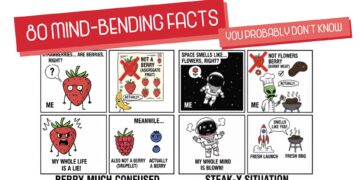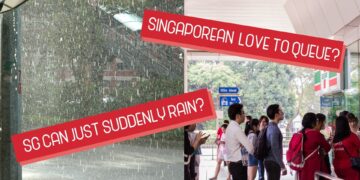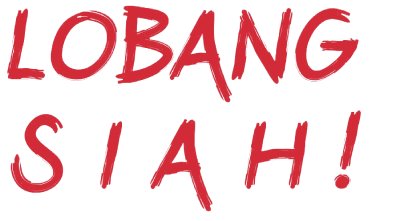In the 2010s, phrases like ‘on fleek’ (meaning flawlessly styled) and ‘catfish’ (to deceive with a false identity) were all the rage. While some of these terms are still used today, new ones from Gen Z have emerged.
If you’re from an older generation and have heard unfamiliar terms like ‘slay,’ ‘situationship,’ and ‘rizz,’ congratulations, you’ve encountered Gen Z slang!
So, what are the newest and most popular Gen Z slangs in Singapore?
Recently, Preply, an online language-learning marketplace from the US, surveyed over 1,500 Singaporeans to uncover the most popular Gen Z and Singlish slang words across the country in 2024.
The top 10 global slang terms include ‘sus,’ ‘G.O.A.T,’ and ‘shook.’
| Rank | Slang word | Meaning | Percentage of population that can use the word in a sentence |
| 1. | Slay | To do a spectacular job | 35.2 per cent |
| 2. | Sus | Suspicious | 30.8 per cent |
| 3. | G.O.A.T | Greatest Of All Time | 27.4 per cent |
| 4. | Salty | When you are upset over something little | 26.0 per cent |
| 5. | Spilling tea | Sharing gossip | 25.8 per cent |
| 6. | Flex | To show off | 22.7 per cent |
| 7. | Simp | When someone does way too much for a person they like | 22.5 per cent |
| =8. | Cap | Lying | 21.5 per cent |
| =8. | Shook | Surprised or shocked | 21.5 per cent |
| 9. | Situationship | A romantic or sexual relationship that is unclear or undefined | 20.8 per cent |
| 10. | Rizz | Charisma | 20.0 per cent |
Among the lot, ‘slay’ emerged as the most popular Gen Z slang in Singapore, with over a third (35 per cent) of Singaporeans claiming to know or understand the term. This term gained popularity through RuPaul’s Drag Race, an American reality competition television show featuring drag queens.
Despite its frequent use among Singaporeans, ‘slay’ surprisingly ranks as the most irritating Gen Z slang in Singapore, with 13 percent of survey respondents finding it annoying.
Following closely behind are ‘purr,’ used to express approval or contentment, and ‘zaddy,’ referring to an attractive, charismatic older man, with 11.8 per cent and 10.5 per cent of the votes respectively.
Interestingly, Preply’s survey also revealed that half of Singaporeans prefer using Singlish over Gen Z slangs.
| Rank | Slang word | Meaning | Percentage of population that can Use the word in a sentence |
| 1. | Alamak | An expression to display dismay, shock or alarm | 65.8 per cent |
| 2. | Makan | To eat | 60.9 per cent |
| 3. | Lah, lor, leh, meh | To add emphasis after an expression after a statement | 57.9 per cent |
| 4. | Paiseh | Shy, embarrassing, or to have a sense of shame | 57.0 per cent |
| 5. | Kaypoh | Nosy | 56.5 per cent |
| 6. | Steady | Sounds good | 56.1 per cent |
| 7. | Shiok | To describe something delicious or simply good | 55.4 per cent |
| 8. | Bo liao | Being in a situation of idleness | 54.3 per cent |
| 9. | Kiasu | Afraid of losing out | 54.2 per cent |
| 10. | Atas | Luxe or upper class | 52.9 per cent |
‘Alamak’ emerged as the most popular Singlish slang, with two-thirds (66 per cent) of respondents claiming they know how to use it in a sentence.
Next on the list is ‘makan,’ which comes as no surprise in a food-loving nation like Singapore.
Other commonly used and familiar slangs include ‘lah,’ ‘lor,’ ‘leh,’ and ‘meh,’ with 57.9 per cent of respondents using them frequently.
Interestingly, ‘alamak,’ despite being the top Singlish slang, is also the most irritating, akin to the Gen Z slang ‘slay.’ According to the survey, 17 per cent of Singapore residents admit they can’t stand it.
Similarly, terms like ‘lah,’ ‘lor,’ ‘leh,’ and ‘meh’ are not universally loved, with 16.4 per cent of participants finding them “annoying.”
(Credits: Preply)



























